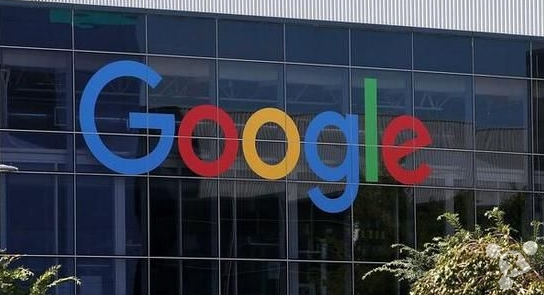
Apple, Google, IKEA and McDonald's are expected to attend a European Parliament hearing tomorrow, where they will quizzed about their European tax deals. Although the parliament's tax committee does not have the authority to order changes, it aims to voice concerns about multinational's being given preferential tax deals by some nations.
A similar event took place in November, in which Google and several others were questioned on the same subject. Several of the attendees have been targeted with accusations of corporate tax avoidance in the past. American coffee chain Starbucks has declined take part because it has challenged a European Commission order to the Dutch authorities to recover up to 30 million euros in back taxes, according to reports.
Last month, IKEA was accused of avoiding paying €1 billion in taxes from 2009 to 2014 by the Parliament's Green Party. It said the company had channeled income through a Dutch company and possibly through Luxembourg and Liechtenstein. IKEA furniture is widely popular across Europe with customers who wish to save money by assembling the product at home or the office, reducing the delivery cost. A recent report forecast the ready to assemble furniture market to grow 4.11% by 2020.

EU regulators have also accused iPhone-maker Apple of using subsidiaries in Ireland to avoid paying taxes on revenue generated outside of the United States. It was rumoured that Apple could face a bill for as much as $8 billion. The company is a leading player in the global smartphone market, which is expected to grow at a CAGR of 8.1% by 2019.
McDonald's have also had similar accusations made against the fast-food chain's tax deals with Luxembourg. This comes at a time when the global quick service restaurant market is booming, with an increased demand for convenient or on-the-go products worldwide. Various innovations in packaging and the introduction of nutritious food products in the menus of QSRs is expected to drive growth of 5.54% in terms of revenue.
All the companies involved have previously said they comply with EU tax rules.
























 沪公网安备31010402003309号
沪公网安备31010402003309号